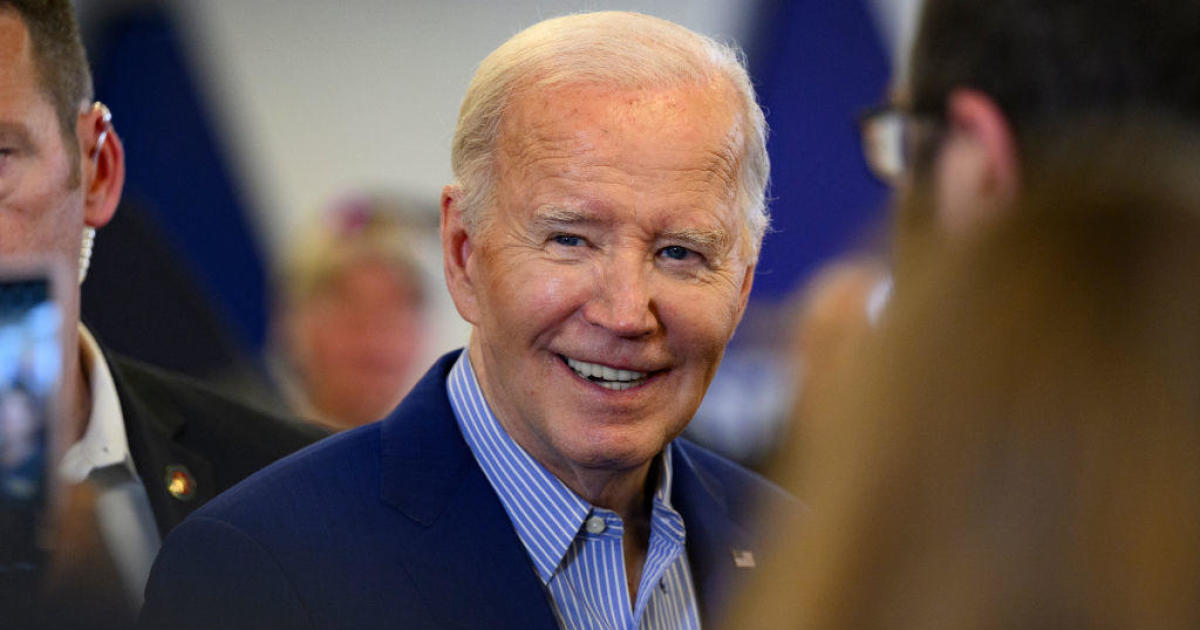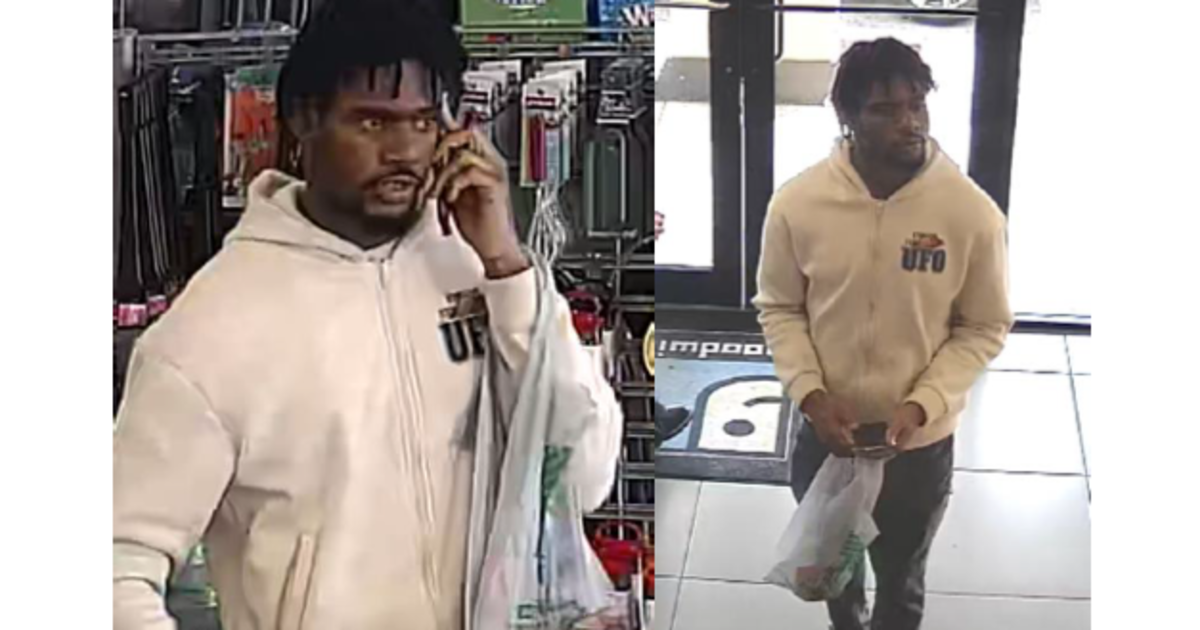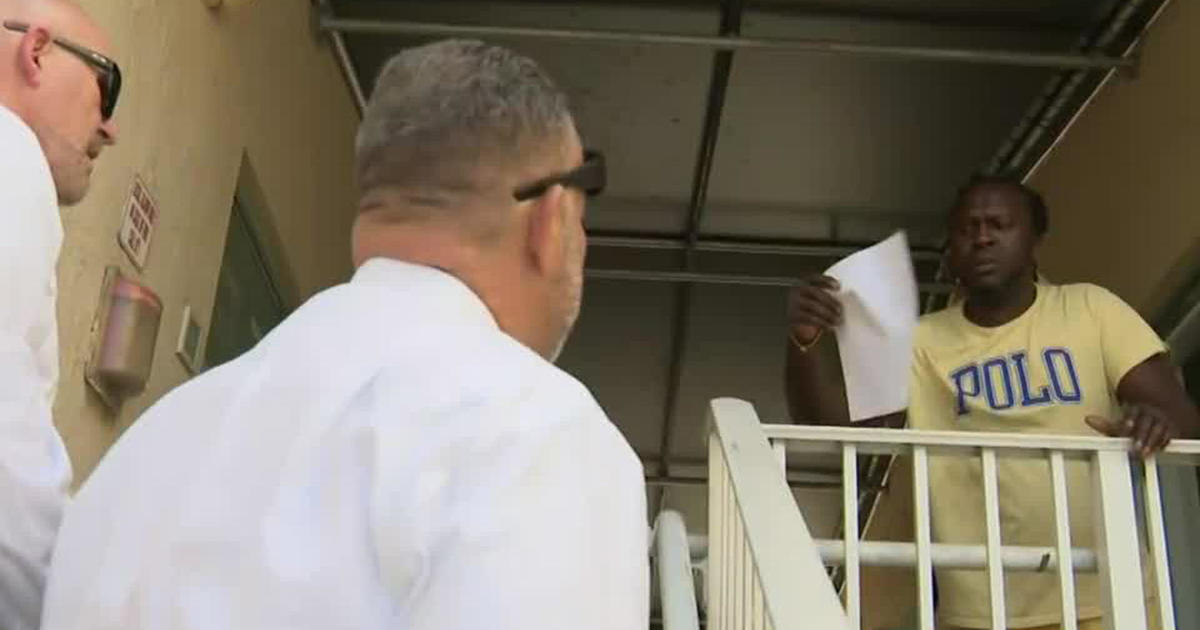Cuban Ex-CIA Agent Posada Acquitted In Texas Perjury Case
EL PASO, Texas (CBS4)- A Texas jury has found an elderly ex-CIA agent from Cuba not guilty of all 11 counts of perjury, obstruction and immigration fraud.
After a 13-week trial, jurors deliberated for just three hours before agreeing Friday to exonerate 83-year-old Luis Posada Carriles.
Posada was born in Cuba and spent decades working to destabilize Latin American communist governments. He often had Washington's support.
But he sneaked into the U.S. in 2005 and was charged with lying during citizenship hearings in El Paso about how he reached U.S. soil, and about allegedly masterminding deadly 1997 bombings in Cuba.
Cuba contends Posada hired two men to carry out the hotel attacks as part of a plot to hurt tourism on the communist island. U.S. prosecutors have filed detailed FBI documents linking Posada to the bombings, including reports from Cuba.
The trial also could underscore what critics consider the lax treatment Posada has received compared to others accused of orchestrating terrorist acts outside the U.S, and it will likely antagonize some of Miami's politically powerful Cuban-Americans, neither a welcome prospect for the Obama administration, which inherited Posada's case.
"If I go to jail, my life ends in jail," Posada has said in a darker moment. "Everything is finished."
Posada is viewed as Public Enemy No. 1 in his homeland and is considered ex-President Fidel Castro's nemesis. He had been living in Miami before his trial began.
A Look Back At Posada's History:
Posada arrived in Miami in 1961. Like many of his contemporaries, he participated in the U.S.-backed, ill-fated Bay of Pigs invasion of Cuba in 1961. He joined the U.S. military, graduated from officer training at Fort Benning, Ga., and soon became a CIA asset, maintaining contact with the agency even after he moved to Venezuela in the late 1960s to head that country's intelligence agency.
Secret files from the 1960s, released in 2009, showed Posada's CIA contacts considered him a moderate if calculating player in covert operations back then, no risk at all to embarrass the agency or the U.S.
"A15 is not a typical kind of 'boom and bang' individual," CIA handler Grover Lythcott wrote on July 26, 1966, using a code name for Posada. "He is acutely aware of the international implications of ill-planned or overly enthusiastic activities against Cuba."
The CIA has since said it cut ties to him around the time he was linked to a 1976 bombing of a Cuban airliner that took off from Venezuela.
The explosion killed all 73 passengers, including members of the Cuban national fencing team. Posada was acquitted twice by a Venezuelan court, and in 1985 escaped from prison there while being held on a government appeal. Soon after, he began helping the Contras, who were fighting Nicaragua's leftist government, according to congressional testimony. He is wanted in both Cuba and Venezuela, but the U.S. does not extradite to those countries because of fears he could be tortured.
Posada is well aware of the international attention he draws. For Cuba, Posada signifies Washington's hypocrisy — the U.S. lists Cuba as a state sponsor of terror yet refuses to hand over a man who admitted in a 1998 New York Times interview that he was involved in the Havana bombing plot.
Posada has since repeatedly denied any involvement. When asked about the interview and the crimes by the AP, Posada initially said he didn't hear or understand the questions, then mentioned his lawyer, then stopped, laughed and shrugged.
For some Cuban exiles, Posada represents defiance of U.S. politicians' desires to placate the communist island and their seeming preoccupation with human rights abuses there only during election cycles.
After he was convicted in Panama in connection with a 2000 attempt to assassinate Castro there, all three members of South Florida's Cuban-American congressional delegation at the time, Ileana Ros-Lehtinen, and Lincoln and Mario Diaz-Balart, wrote letters to former Panamanian president Mireya Moscoso persuading her to pardon him. He was released in 2004 and disappeared until he popped up in Miami in the spring of 2005.
Miami Mayor Tomas Regalado was among those who petitioned for his release from federal custody two years later.
And he maintains his international contacts. Following the coup in Honduras in 2009, Posada informally advised Joaquin Nodarse, whose family owns one of the country's biggest TV stations, as he briefly considered a presidential run.
Posada sees no reason not to stay in the thick of it. Even he says if Castro truly wanted him dead by now, he would be.
Besides the 1990 attack by unknown assailants in Guatemala, Posada was the target of at least one other assassination attempt. And it is Posada's survival that is perhaps his greatest achievement.
Much of his efforts could be said to have been in vain or backfired. Whether he was involved, the airline bombing became a cause celebre for Cuba, as did the Havana bombings.
Castro, though he turned over power to his brother and his health is failing, remains influential in Cuba, and Posada must still send money to the island to help feed his aging sister and brother.
(© 2010 CBS Broadcasting Inc. All Rights Reserved. This material may not be published, broadcast, rewritten, or redistributed. The Associated Press contributed to this report.)



